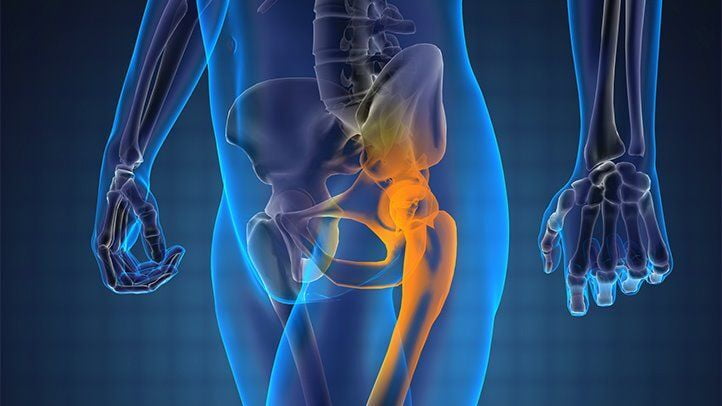How to Improve Your Pelvic Floor Issues Post-Radiation

Introduction
Prostate cancer is one of the most common cancers in men, and radiation therapy is a common treatment modality used to target and eradicate cancer cells. While radiation therapy is effective in treating prostate cancer, it can also result in several side effects that impact urinary, bowel, and sexual function. Pelvic rehabilitation and physiotherapy have emerged as essential components in managing the effects of radiation therapy on the pelvic region. In this article, we will explore the effects of radiation therapy on post-prostate cancer patients, discuss the specific challenges faced in urinary, bowel, and sexual domains, and delve into how pelvic rehabilitation and physiotherapy can help alleviate these issues.
I. Effects of Radiation Therapy on Post-Prostate Cancer Patients:
A. Urinary Effects:
- Urinary Incontinence: Radiation therapy can damage the structures that control urinary function, leading to stress urinary incontinence or urge incontinence.
- Urinary Urgency and Frequency: Increased frequency and urgency of urination are common side effects of radiation therapy, affecting daily activities and quality of life.
B. Bowel Effects:
- Bowel Dysfunction: Radiation therapy can cause inflammation and damage to the rectum and colon, resulting in bowel urgency, diarrhea, and bowel leakage.
- Bowel Incontinence: In severe cases, radiation-induced damage may lead to bowel incontinence, significantly impacting a patient's lifestyle and emotional well-being.
C. Sexual Effects:
- Erectile Dysfunction: Radiation therapy can damage blood vessels and nerves involved in erectile function, leading to difficulties in achieving or maintaining an erection.
- Decreased Libido: Hormonal changes and psychological factors associated with radiation therapy can contribute to a decline in sexual desire.
II. The Role of Pelvic Rehabilitation and Physiotherapy:
A. Urinary Rehabilitation:
- Pelvic Floor Muscle Training: Pelvic physiotherapists can guide patients through specific exercises to strengthen and coordinate the pelvic floor muscles, improving urinary control and reducing incontinence episodes.
- Bladder Retraining: Pelvic rehabilitation programs incorporate bladder retraining techniques to help patients regain normal bladder function and reduce urinary urgency and frequency.
B. Bowel Rehabilitation:
- Bowel Retraining: Pelvic physiotherapists can assist patients in developing strategies to regulate bowel movements and manage symptoms of bowel dysfunction, such as urgency and leakage.
- Dietary and Lifestyle Modifications: Pelvic rehabilitation includes guidance on dietary changes, fiber intake, and lifestyle modifications to promote bowel regularity and reduce symptoms.
C. Sexual Rehabilitation:
- Erectile Function Exercises: Pelvic physiotherapists can teach patients specific exercises and techniques to improve blood flow, strengthen pelvic floor muscles, and enhance erectile function.
- Sensate Focus: Sensate focus exercises can help couples rebuild intimacy and enhance sexual pleasure by focusing on non-genital touch and communication.
III. Benefits of Pelvic Rehabilitation and Physiotherapy:
A. Improved Continence and Control: Pelvic rehabilitation helps patients regain urinary control, reducing episodes of incontinence and improving quality of life.
B. Enhanced Bowel Function: Through bowel retraining and lifestyle modifications, patients can regain bowel regularity and reduce bowel dysfunction symptoms, such as urgency and leakage.
C. Restoration of Sexual Function: Pelvic physiotherapy techniques, including erectile function exercises and sensate focus, can help improve erectile function, increase sexual confidence, and enhance overall sexual satisfaction.
Conclusion:
Radiation therapy for prostate cancer can have significant effects on urinary, bowel, and sexual function. However, pelvic rehabilitation and physiotherapy provide effective strategies for managing these effects and improving the quality of life for post-prostate cancer patients. By addressing urinary
incontinence, urgency, and frequency, managing bowel dysfunction, and restoring sexual function, pelvic rehabilitation empowers patients to regain control over their pelvic health. Seeking the guidance of a specialized pelvic physiotherapist or a pelvic rehabilitation program can provide the necessary support and techniques to navigate the challenges of radiation-induced side effects and enhance overall well-being post-prostate cancer treatment.


